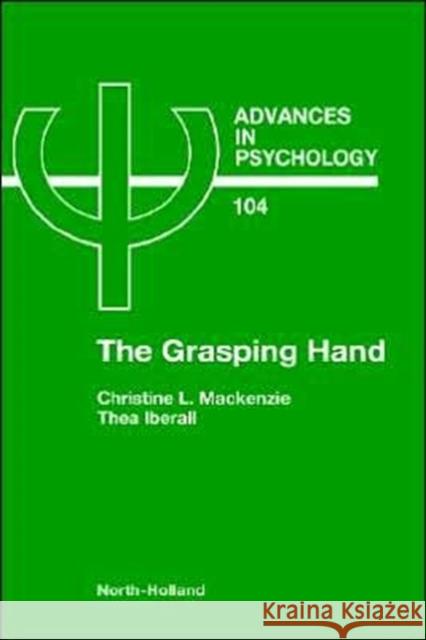The Grasping Hand: Volume 104 » książka
The Grasping Hand: Volume 104
ISBN-13: 9780444817464 / Angielski / Twarda / 1994 / 479 str.
The simple task of grasping objects has been studied for centuries by scientists, therapists and engineers who have tried to understand and duplicate the versatility of the human hand. Using an interdisciplinary approach and new framework for looking at prehension, the authors uncover the subleties of the amazing interaction between the hand and the brain. They draw from such diverse fields as experimental psychology, kinesiology, robotics, neural networks, artificial intelligence, neuropsychology and rehabilitation. A triangle strategy is presented, starting from conceptual models that suggest both experimental and computational models. Chapters describe the multiple postures established by the hand, phases in the dynamic process of reaching for, grasping and manipulating various objects, and the constraints acting on such activity.Appendices provide the complete anatomy of the upper limb, the basics of computational modelling, and the fundamentals of prosthetic and dextrous robot hands. The ultimate goal of this book is to develop a common vocabularly for multidisciplinary researchers who strive to understand a system as complex as the hand under the control of the human brain.











